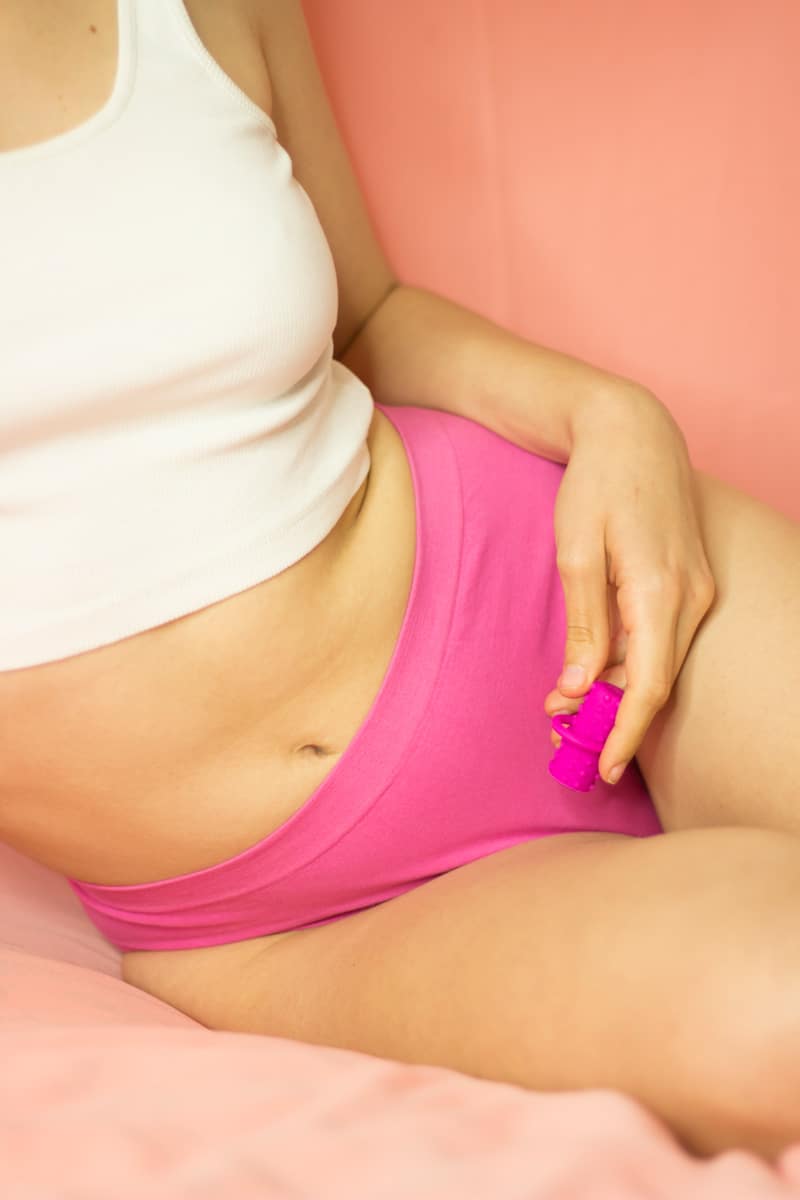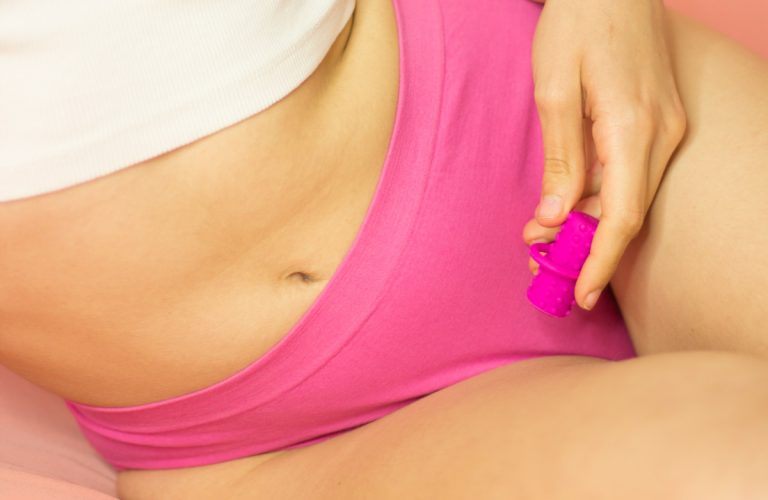Beautiful vaginas are on the rise and so is the vaginal beauty industry
The wellness industry is thriving, for better or for worse, and with it, various vaginal products are appearing on the market. While some products are used to ease menstrual pain or increase sexual healing through pleasure, others are sold purely for the purpose of ‘finessing’ our genitals. Why is this trend happening now and how much of a problem is it?
Of course, this is not the first time that women are being targeted with false and unnecessary health advice. Gwyneth Paltrow, also known as the mastermind behind GOOP, recommended vagina steaming in order to balance hormone levels and cleanse the uterus, which gynaecologists strongly advise against.
A few years ago a new trend appeared that advised women to peel a full cucumber and penetrate themselves with it—not for the purpose of pleasure, but to ‘reduce odour’ and add ‘moisture’. Health professionals were quick to point out that this practice can actually lead to a number of diseases. In other words, your vagina does not need a ‘cleanse’, and unless a medical professional examined you and told you otherwise, basic hygiene should be enough.

Recently, there has been a worrying increase in various products being sold for the purpose of ‘beautifying’ the genitalia. There are now serums, charcoal masks, various scented perfumes and even highlighters to make your beautiful vagina even more… well beautiful, and this market keeps on growing despite medical professionals’ disapproval of it. Not only are these products unnecessary, but they also promote a false idea that our genitals need to appear a certain way, which can create insecurities for women while also capitalising on them.
TWO L(I)PS is a skincare company dedicated entirely to the vulva, which specialises in selling products such as activated charcoal masks for $28 and brightening serums for $150. While all products are dermatologically tested, their necessity should be put under question. Don’t get me wrong, I love a good charcoal mask, but only for my face—never have I considered applying one to my vulva.
The charcoal masks are said to “soothe, detoxify, brighten and moisturize the vulva,” and were in fact so popular that the company sold out of them two months after their initial launch (they are now back in stock). One of the brand’s serums, priced at $120, is made out of the skin whitening agent Palmitoyl Hexapeptide-36, and comes with the instruction to apply SPF 30 sunscreen the following days. Make your own judgement, but it sounds quite concerning to me that sunscreen would be needed in that area after using a serum.
Another company, The Perfect V, explains on its website that its products are “always for beauty’s sake. It is pure, indulgent pampering and love for your ‘V’. It is a multi-tasking luxury skincare formulated to rejuvenate, enhance and beautify the ‘V’.” Notice how the company never refers to the vulva or vagina by its name—instead, it is just the ‘V’, and if you buy their products, you can beautify your ‘V’ to become the perfect ‘V’!
It is certainly confusing that a company created by adults for adults won’t refer to genitalia by its real name, and should be taken as a warning sign. Perhaps it comes from the stigma surrounding women’s genitalia, but this only makes it all the more ironic that a brand entirely dedicated to selling products for our vulvas can’t even acknowledge that it is in fact called a vulva.
Among the products being sold by The Perfect V, which all claim to be both dermatologically and gynaecologically tested, there is a special $43 highlighting cream that promises to ‘illuminate’ your vulva and make it shimmer. This product can be compared to a highlighter you may apply to your face during your make up routine, only, in this case, it is meant for your vulva.
Everyone should be free to do whatever they want with their own bodies, so if you want to illuminate your vulva, please feel free to do so. My aim isn’t to judge customers, but more to highlight a bigger problem: the stigmatisation of the appearance of female genitalia. This is an increasing issue, and cosmetic surgeries, such as labiaplasty, have seen a 400 per cent increase in the last 15 years.
The stigma doesn’t just stop at the appearance of the vulva itself—it also touches upon other aspects, such as the vagina’s natural scent, its moisture or lack of such, or its pubic hair. One of The Perfect V’s best selling products is a beauty mist described as both “a natural skin conditioner and deodorizer,” that supposedly moisturises your skin and leaves your vulva smelling of roses. Another company called V Magic sells lipstick for your vagina, which supposedly moisturises and deodorises your vagina, too.
Similarly, the ‘Clit Spritz’ is a product sold by The Tonic, a wellness company specialising in CBD products. The ‘Clit Spritz’ is described as a “sexily-silky, gorgeously-scented oil designed to stimulate, lubricate and rejuvenate your lady bits.” Using the expression ‘lady bits’ once again stigmatises genitals. It is important to note that the company is selling the ‘Clit Spritz’ as a lubricant—a product that is both necessary and great—but the product’s description is vague and implies that your clitoris needs a ‘gorgeous scent’, which it doesn’t.
Not only are some of these products beyond ridiculous, but many medical professionals advise against applying and using them as they can affect a healthy PH balance and lead to infection. Vaginas can naturally clean and moisturise themselves, so unless your doctor told you to use a specific product, you don’t need one.
That is not to say all products are useless—the company Fur, for example, sells a concentrate to help eradicate ingrown hairs while soothing irritation. Many wellness companies do focus on creating products that help, while others focus on beautifying your genitals. It is up to you to decide which product suits you best, but perhaps try to do some research on each product before buying any.





